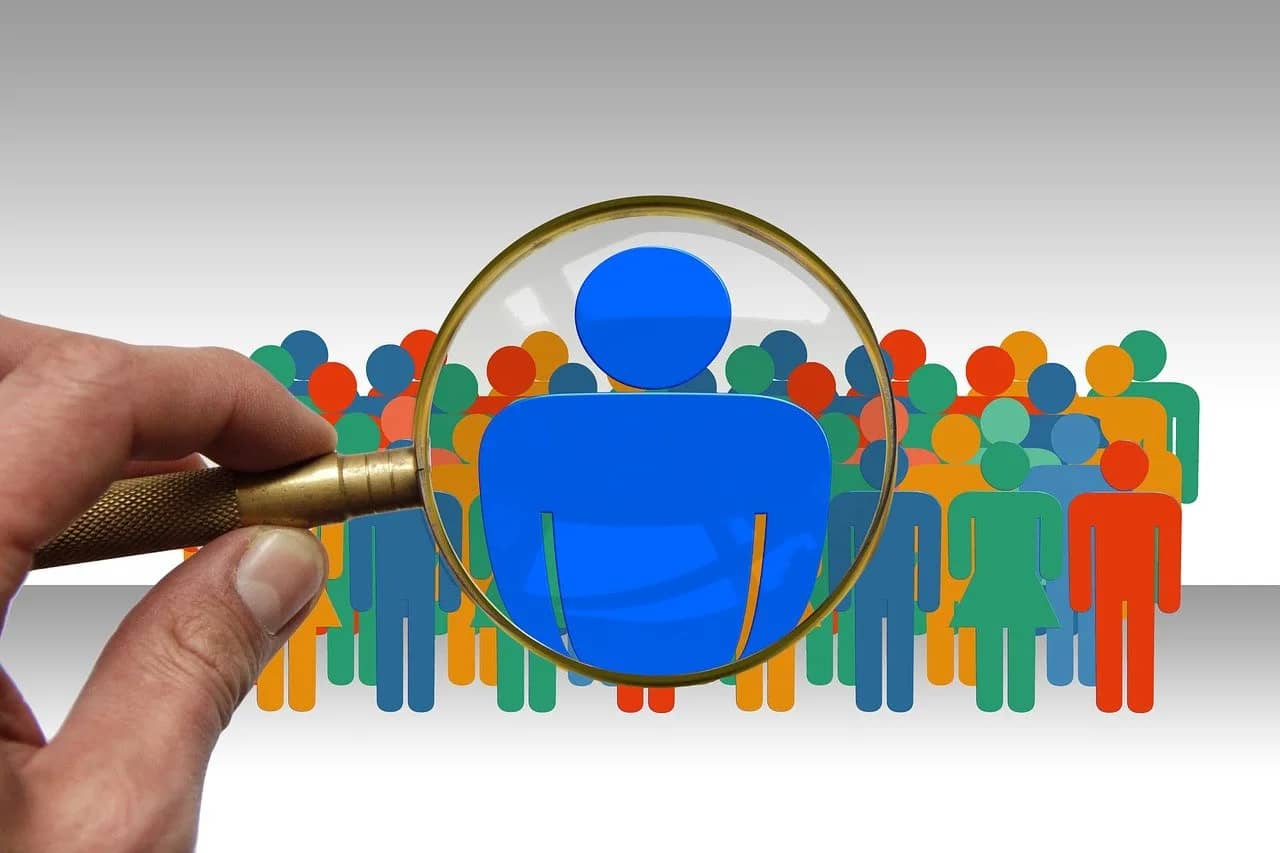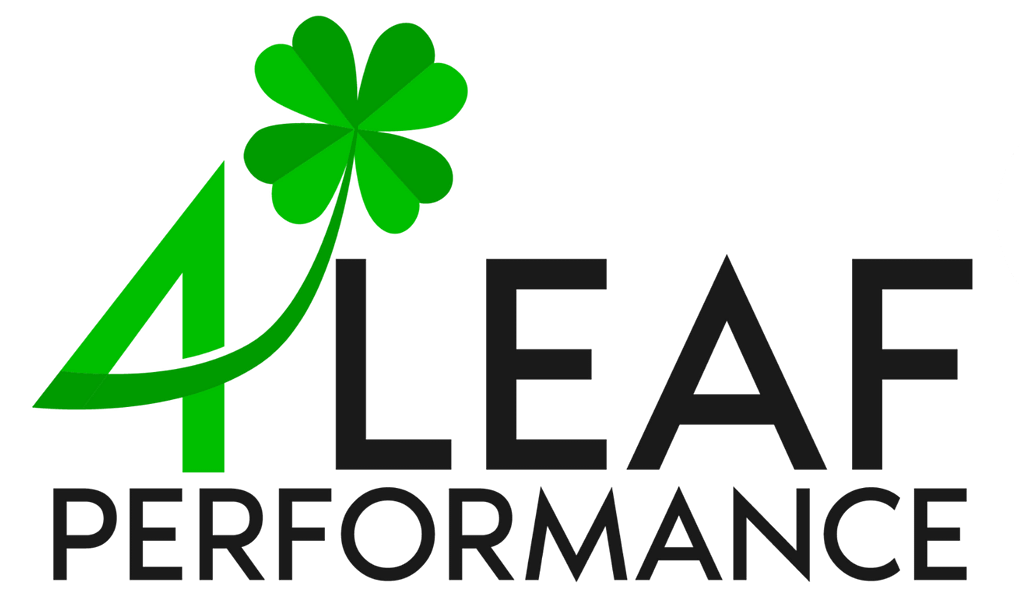Today’s leadership standards have shifted. Exemplary leadership skills are no longer just about technical knowledge. Leaders now need to balance hard and soft skills to succeed in dynamic, people-centered workplaces.
Hard skills—like financial management, project planning, and technical expertise—still build a leader’s credibility. However, leadership qualities like empathy, communication, and adaptability play an even bigger role in earning trust and keeping teams engaged. The debate of hard skills vs. soft skills isn’t about which one is more important; it’s about recognizing that both are essential in different ways.
Strong leadership skills help leaders set the tone for their teams, boost morale, drive results, and even accelerate their career growth. Understanding the difference between hard and soft skills and how to develop both can help leaders stand out in a competitive environment and meet the growing standards of today’s organizations.
Why Leadership Skills Are More Important Than Ever
Leadership skills are the foundation of effective leadership. Whether technical or interpersonal, these skills separate true leaders from managers who simply oversee tasks. Strong leadership skills are important for guiding teams and setting the overall tone and direction of the organization.
One key quality of a good leader is the ability to boost team morale. Leaders who demonstrate soft skills like empathy, emotional intelligence, and communication create a positive environment where team members feel valued. In contrast, leaders focusing only on processes or technical work often struggle to inspire loyalty and engagement.
Leadership skills also directly impact an organization’s ability to achieve its goals. Leaders with the right combination of hard skills and soft skills can align team efforts, solve problems efficiently, and adapt to changing priorities. Without strong leadership, even the most talented teams may fall short of their potential.
Finally, leadership skills are essential for a leader’s personal career growth. As organizations place more importance on leadership qualities like collaboration, adaptability, and emotional intelligence, leaders who continue developing hard and soft skills position themselves for greater opportunities and long-term success.
The Evolution of Leadership Standards
Over the years, the definition of what makes a good leader has expanded. In the past, leadership standards were almost entirely tied to hard skills. Leaders were expected to be the best at technical tasks, operational processes, or industry-specific knowledge. You were considered ready to lead if you had the credentials and expertise.
However, as the business world evolved, so did leadership standards. Organizations began to realize that technical knowledge alone wasn’t enough. Leaders needed more than expertise—they needed the ability to lead people effectively. This marked the rise of soft skills as essential to leadership skills development.
Today, leadership qualities such as communication, emotional intelligence, adaptability, and collaboration are equally critical as hard skills. The ongoing debate of hard skills vs soft skills has made one thing clear: mastering both is necessary to thrive in leadership roles.
Several key factors have contributed to this shift:
- The rise of hybrid and remote work environments has made clear communication, empathy, and trust-building indispensable leadership skills.
- Faster innovation cycles have increased the need for flexibility and adaptive leadership, qualities that technical expertise alone cannot guarantee.
- A growing focus on company culture and team well-being has elevated the importance of leadership qualities like empathy, emotional intelligence, and active listening.
Today’s Leaders are expected to meet operational goals and create environments where team members feel valued, supported, and motivated to perform at their best. Even the most technically capable leaders can struggle to retain top talent or foster high-performing teams without strong soft skills.
Understanding the evolving balance between hard and soft skills is now a non-negotiable part of upgrading your leadership skills. Successful leaders know how to apply both at the right time to build credibility, inspire loyalty, and lead their organizations forward.

Hard Skills: The Foundation of Leadership Credibility
Strong leadership skills start with a solid foundation of hard skills. Hard skills are measurable, teachable abilities that leaders develop through education, training programs, certifications, or direct professional experience. In leadership roles, these technical skills are critical for building initial credibility and making informed decisions impacting teams and organizations.
Leadership skills in the form of hard skills show up in many ways. Some of the most common hard skills that leaders are expected to demonstrate include:
- Financial management to oversee budgets, forecast cash flow, and allocate resources wisely
- Strategic planning to set clear goals and long-term priorities
- Project management to organize workstreams and deliver outcomes efficiently
- Change management to help teams navigate organizational transitions smoothly
- Marketing knowledge to understand customer behavior and market positioning
- Agile/Scrum proficiency to lead iterative project development in fast-moving environments
- Lean thinking to optimize workflows and minimize waste
- Ethical leadership to align decision-making with core organizational values
Possessing these hard skills gives leaders the technical authority they need to guide their teams with confidence. Without a strong base of leadership skills in these areas, even the most well-intentioned leader can struggle to make credible, effective decisions.
For example, a project leader skilled in Agile methodologies can help their team stay organized, adapt quickly to changing priorities, and maintain momentum during complex initiatives. Without leadership skills in project management or Agile frameworks, teams may experience confusion, delays, and misalignment.
Beyond technical execution, hard skills help leaders differentiate themselves from individual contributors. Team members often have deep expertise in one specific area, but leadership skills require a broader understanding of how different functions interconnect across the organization. Leaders must be able to connect financial, operational, marketing, and people strategies to drive comprehensive success.
Soft Skills: The Heart of Building Loyalty and Long-Term Success
While hard skills provide the technical foundation for leadership, soft skills allow leaders to truly connect with their teams and sustain long-term success. Leadership skills are no longer evaluated solely by what leaders know but by how effectively they interact, inspire, and guide their teams.
Soft skills, often called people skills or transferable skills, are personal characteristics that help leaders build relationships, navigate conflict, and create positive, high-performing team environments. Some of the most critical soft skills that shape strong leadership skills include:
- Emotional intelligence to recognize, understand, and manage emotions—both their own and those of their team members
- Communication skills to clearly articulate goals, standards, and feedback
- Empathy to connect with team members on a personal level and build trust
- Flexibility and adaptability to respond to changing circumstances with resilience
- Problem-solving skills to address challenges thoughtfully and collaboratively
- Teamwork and collaboration to foster a unified team culture
- Time management to prioritize effectively and model accountability
- Work ethic to set the standard for commitment and professionalism
Developing leadership skills in these areas is essential because technical expertise alone cannot motivate people to do their best work. Research consistently shows that leaders who demonstrate soft skills—particularly empathy—create workplaces where team members feel heard, respected, and valued. This, in turn, drives higher engagement, better job satisfaction, and stronger retention.
For example, a leader with strong emotional intelligence can sense when a team member is struggling, open a supportive dialogue, and work together to find a solution. Without leadership skills rooted in soft skills like empathy and communication, these opportunities to build loyalty and trust are often missed.
When discussing hard skills vs. soft skills, it’s clear that while technical competence earns initial credibility, soft skills sustain influence and loyalty over time. Leadership qualities like active listening, patience, adaptability, and collaboration create environments where team members want to stay and thrive.

How to Develop Hard and Soft Leadership Skills
Upgrading your leadership skills means strengthening both hard skills and soft skills. Each type requires a different approach, but both are essential for leading effectively in today’s evolving workplace.
Developing Hard Skills
Hard skills are often the easier part of leadership skills to build because they are structured, teachable, and measurable. Leaders can intentionally improve their technical knowledge and capabilities through a variety of methods:
- Books and Online Guides: A wealth of books, articles, and digital resources offer insights into strategic planning, financial management, and project execution. Self-directed learning can be a decisive first step toward strengthening hard skills.
- Mentorship: Finding a mentor who excels in technical leadership skills can accelerate growth. Mentors offer real-world advice, help navigate challenges, and share frameworks that go beyond what you can learn in a classroom.
- Professional Courses and Certifications: Formal education remains one of the best ways to master hard skills. Courses in project management, Agile/Scrum methodologies, marketing strategy, or change management provide structured knowledge and often come with certifications that validate your expertise.
Developing Soft Skills
While hard skills can often be learned relatively quickly, developing soft skills requires ongoing commitment and self-awareness. Soft skills are deeply tied to behavior and mindset, making them a continuous area of focus for leaders looking to upgrade their leadership skills.
Some practical ways to strengthen soft skills include:
- Observation and Modeling: Pay attention to leaders who excel in active listening, empathy, or conflict resolution. Study how they interact with others and try to adopt similar habits in your leadership style.
- Asking for Feedback: Seeking feedback from peers, team members, and mentors provides invaluable insights into your perceived leadership style. Be open to constructive criticism and use it to improve your interpersonal approach.
- Self-Reflection: Regularly reflecting on your leadership experiences helps identify patterns, recognize areas for improvement, and reinforce positive behaviors. Setting aside time for self-assessment can make developing soft skills more intentional.
- Workshops and Seminars: Many organizations offer training sessions focused on communication, emotional intelligence, and team dynamics. These workshops provide hands-on practice and expert guidance to refine critical soft skills.
Closing the Leadership Skills Gap: Becoming the Leader Your Team Needs
Even leaders with strong technical backgrounds often encounter challenges if their leadership skills aren’t well-rounded. Over-reliance on hard skills without the support of soft skills can create a leadership gap that impacts team morale, productivity, and overall success.
Bridging the leadership skills gap requires intentional development in both areas:
- Blend Competence with Connection: Leaders must deliver on operational goals while maintaining strong, authentic team relationships. Balancing hard and soft skills ensures that teams feel confident in and connected to leadership.
- Adapt to Changing Needs: Modern organizations move fast. Leaders who demonstrate flexibility and a willingness to adjust strategies based on team feedback or market changes show the kind of responsive leadership teams respect.
- Invest in Personal Growth: Leadership development doesn’t end after technical training or a promotion. Truly effective leaders are committed to continual self-improvement and seek opportunities to enhance their leadership skills over time.
For example, a leader who understands financial forecasting (a hard skill) but lacks the communication skills to explain financial goals to the team may create confusion and disengagement. On the other hand, a leader who combines technical mastery with strong communication can align team efforts and boost motivation.
The conversation around hard skills vs soft skills is no longer about choosing one over the other. Modern leadership skills demand that leaders be technically proficient and personally relatable. Organizations today are looking for leaders who can drive results while fostering a culture of collaboration, trust, and resilience.
When leaders close the gap between hard and soft skills, they improve team performance and position themselves for greater career growth and long-term leadership success.

Future-Proofing Your Leadership Skills
Upgrading your leadership skills is no longer optional—it’s a necessary step for anyone who wants to lead successfully in today’s fast-changing work environment. The leaders who thrive are the ones who understand how to balance hard and soft skills, adapting their leadership qualities to meet evolving team and organizational needs.
As the standards for leaders continue to rise, focusing on continuous improvement is essential. Strengthening your technical expertise while developing emotional intelligence, communication, and adaptability ensures you can lead with authority and empathy.
If you’re ready to advance your leadership skills, 4 Leaf Performance can help. Our Leadership Development services are designed to help leaders build the hard and soft skills they need to lead confidently, connect authentically, and drive lasting success.
Learn more about how we can support your leadership growth today.



